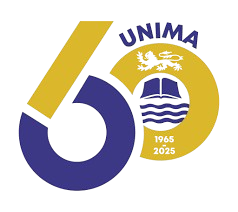UNIMAWES students undergo wildlife and environmental protection training
Students from the University of Malawi’s Wildlife and Environmental Society (UNIMAWES) participated in a two-day training on wildlife conservation and environmental education for sustainable development from 25th to 26th March, 2025.
The training was organized by the Wildlife and Environmental Society of Malawi (WESM) in partnership with African Parks and Liwonde National Park and aimed to deepen the students’ knowledge of wildlife conservation and protection. The session, held at the Liwonde Environmental Education Centre, covered various topics such as biodiversity conservation, environmental community development, as well as bio-physical, socio-economic and political aspects of wildlife and environmental protection.
Environmental Education and Communication Manager of WESM, Ausward Bonongwe, who facilitated the training, described the session as valuable to the students. “This training will help instil environmental consciousness in these young minds and the entire nation. The lessons they learnt in these two days will help them become environmental champions,” he said.
Representing the Patron of the Society, Prince Sata, expressed his gratitude to WESM for organizing the training. “I would like to thank the organization for their support and human resources that made this training possible,” he said. “I hope and believe that the valuable lessons from this organization will be used in a good way by our students”.
Martina Mwalupya, Vice President of the Society, described the training as valuable and fruitful. During this training, students had meaningful interactions with experts in wildlife and environmental conservation from WESM, game rangers and environmental education officers from Liwonde National Park.
All of the students received certificates of attendance, and also partook in a game drive around the park, observing wild animals and appreciating the conservation efforts in place.
By Timothy Hassam. (3rd year, BA Communications and Cultural Studies)




